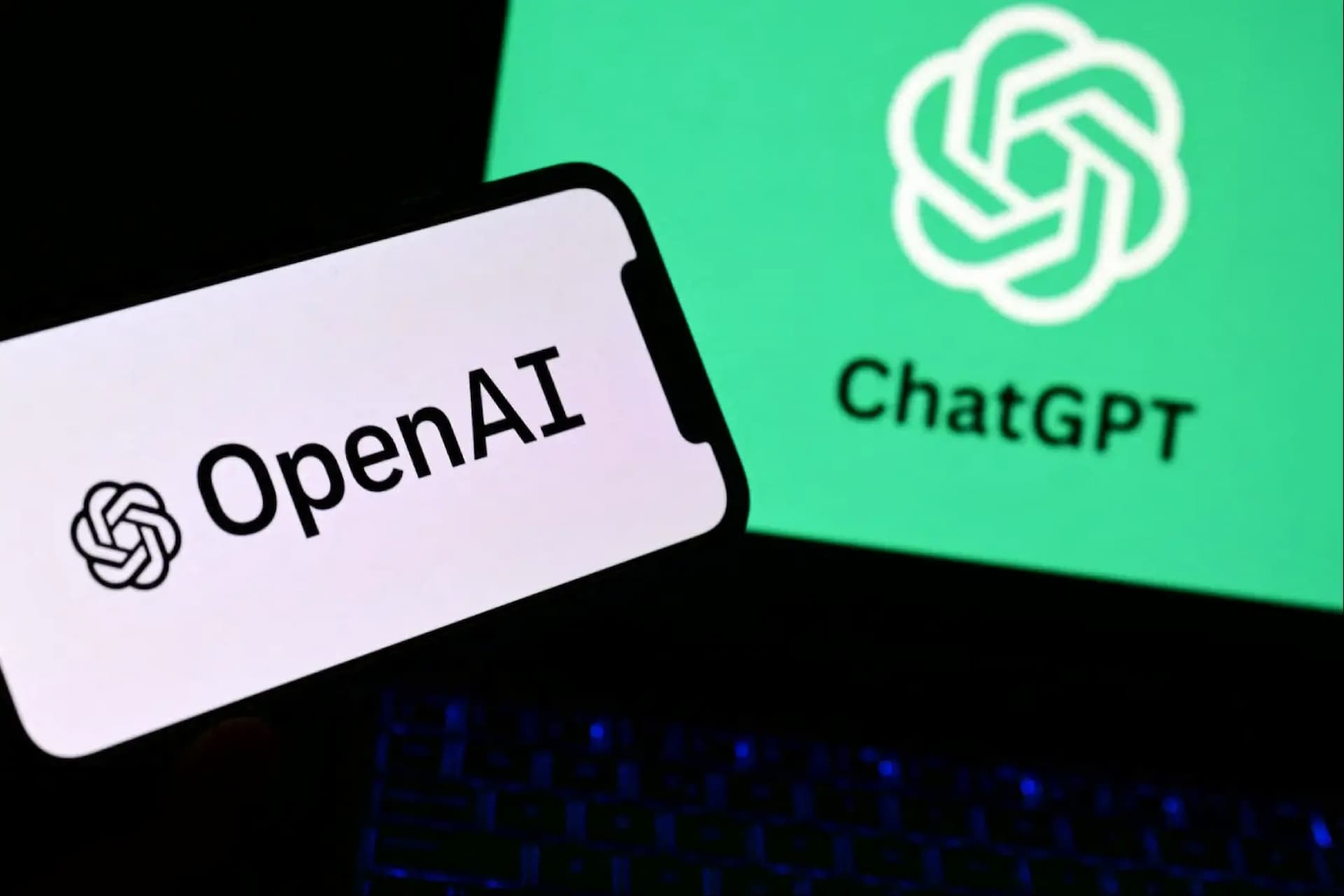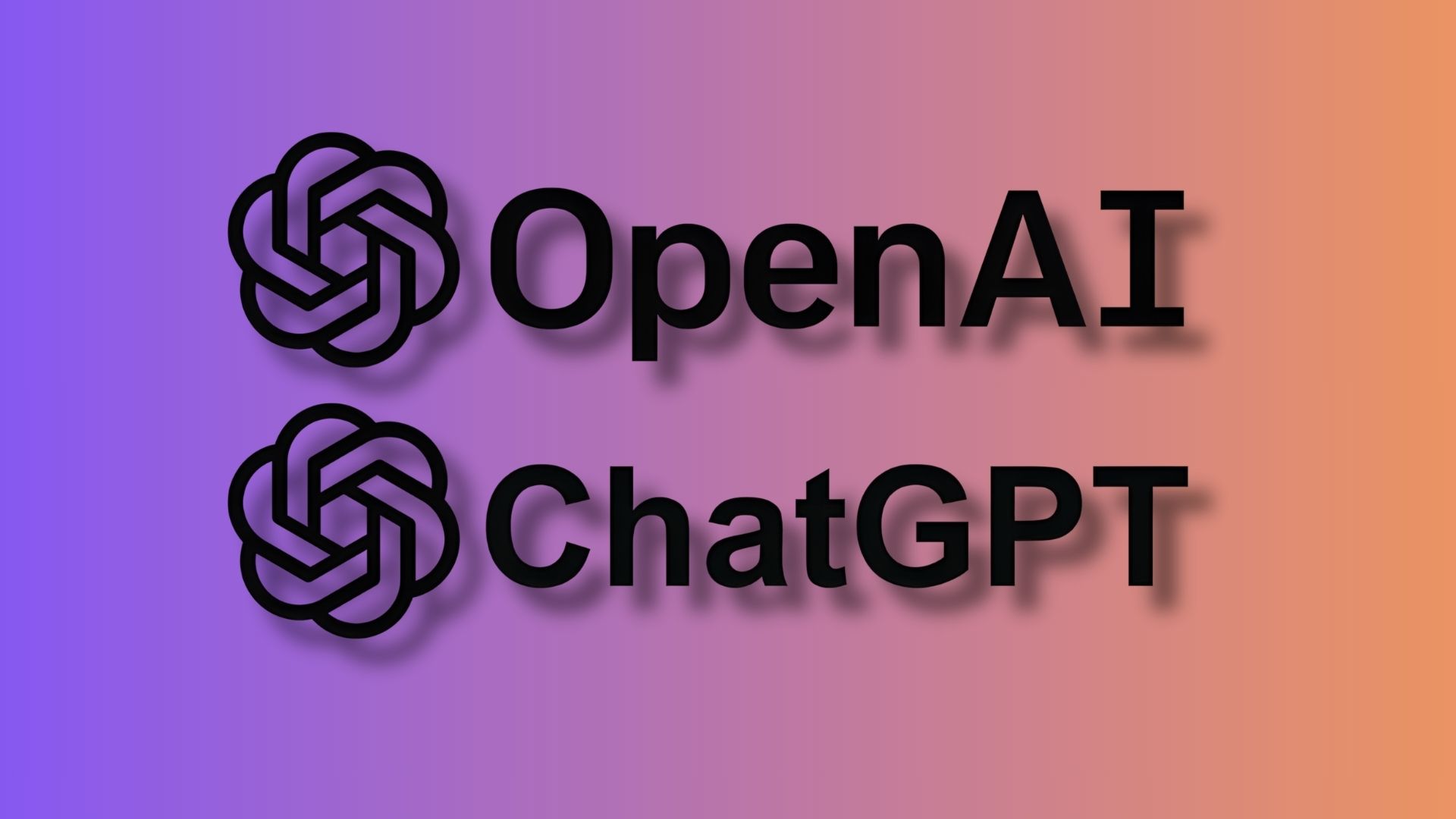Cloudflare released its sixth annual Year in Review, providing a comprehensive snapshot of global Internet trends in 2025. The report highlights rising digital reliance, AI progress, and evolving security threats across Cloudflare’s network and Radar data.
Global Internet traffic rose 19 percent year-on-year, reflecting increased use for personal and professional activities. A key trend was the move from large-scale AI training to continuous AI inference, alongside rapid growth in generative AI platforms.
Google and Meta remained the most popular services, while ChatGPT led in generative AI usage.
Cybersecurity remained a critical concern. Post-quantum encryption now protects 52 percent of Internet traffic, yet record-breaking DDoS attacks underscored rising cyber risks.
Civil society and non-profit organisations were the most targeted sectors for the first time, while government actions caused nearly half of the major Internet outages.
Connectivity varied by region, with Europe leading in speed and quality and Spain ranking highest globally. The report outlines 2025’s Internet challenges and progress, providing insights for governments, businesses, and users aiming for greater resilience and security.
Would you like to learn more about AI, tech and digital diplomacy? If so, ask our Diplo chatbot!










